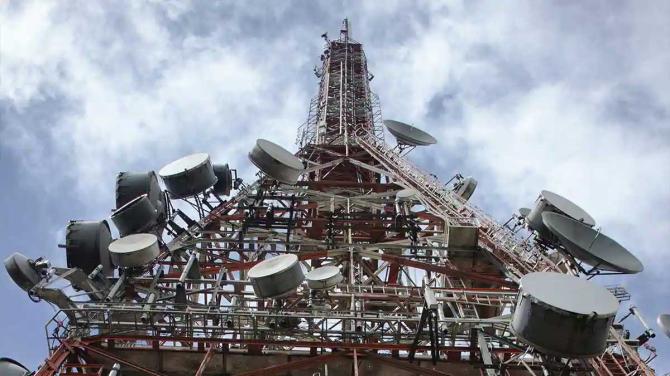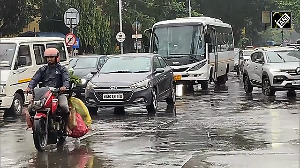The government plans to remove the definition of broadcasting services altogether from the bill to help reduce confusion among stakeholders.

The Department of Telecommunications (DoT) is dropping all the amendments to the Trai Act which had been proposed in the draft Telecommunications Bill of September 2022 as it prepares for the final Bill.
The proposed changes had come under attack from the regulator as well as telecom and broadcasting companies who had said that it would substantially weaken the regulator and the balance of power between them and the DoT.
Trai is believed to have approached the prime minister's office on the matter.
The draft bill had suggested doing away with the referencing and back referencing of recommendations between the DoT and Trai which in effect removed the statutory requirement of consultation with the regulator before making policy; diluting the regulator's powers on tariffs by adding a clause that any tariff order could be changed and amended by the DoT; and weakening the power of adjudication vested with TDSAT in case of disputes between telcos or between the latter and the government by creating an alternative dispute resolution mechanism.
Currently, TDSAT judgments could be appealed only in the Supreme Court.
A senior government official said: "Yes, we have proposed dropping the changes that were suggested in the Trai Act through the communications Bill."
The official also added that the aim is to delegate more powers to the regulator and that would require a few years (2-3 years) under a revamped TRAI Act.
Sources say it could be styled in the same way as the US Federal Communications' Commission which has sweeping powers to regulate the sector.
Amongst the other changes that the DoT is proposing is broadening the definition of 'telecommunication services' to include 'broadcasting services'.
Under the draft bill, broadcasting services were defined separately as 'telecommunication services intended to be received by the general public either directly or indirectly'.
The government plans to remove the definition of broadcasting services altogether from the bill to help reduce confusion among stakeholders.
Sources in the government also say that it is considering expanding the provisions of the bill to include offences and contraventions committed outside India.
On the works is a proposal to include a separate provision for cyber security under which the government can take measures to ensure the cyber security of telecom networks and telecom services.
The bill, which was released last September, was opened up for wider public consultation. It is now in the final stages.
The draft telecom bill had also come under fire from OTT communications platforms such as WhatsApp, and video and audio services which, in the draft bill, were defined as 'telecommunication services' and would therefore have to obtain a licence from the DoT.
They opposed this, saying the result would be an overlap as they were already regulated as intermediaries under the IT Act.
The bill has also identified 'broadcasting services' which require licensing to include direct-to-home, community radio stations, internet protocol TV, downlinking, and uplinking of TV channels.
Direct-to-home services had protested that they are already administered under the Cable Act of 1995 by the I&B ministry with whom they are registered.
The draft bill would have put them under dual control.










